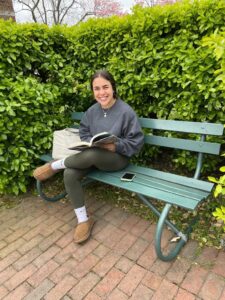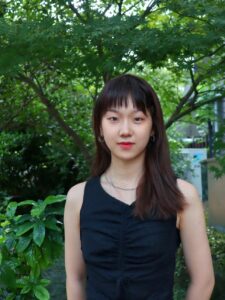When I was an undergraduate at La Salle University, the slogan of our Honors Program was, “Ask the Impertinent Question.” So, armed with Aristotle our band of budding philosophers did just that…in every class…for four years. The only problem—and it’s just a small problem—is that people generally don’t like questions, especially impertinent ones. We were baffled. We had Socrates. We knew the capital-T truth.
Obviously, we didn’t. But, how didn’t we know?
At the heart of the International Baccalaureate Diploma Program lie three core elements required of any student wishing to earn the diploma. Theory of Knowledge is one of them. Over the years, TOK (as it’s called) has been described as many things: “an introduction to epistemology (the study of knowledge),” “entry-level philosophy,” and, my favorite, “made up.”
Theory of Knowledge is, in fact, a philosophy course, but not one revolving around Athens or Rome. “At its core, TOK is about our own relationship with knowledge,” writes TOK innovator Michael Dunn, “and what it takes to become a discerning, positive member of the epistemic community.” Throughout the course, students undergo deep critical thinking about how we produce knowledge, its relationship to values, and how we communicate our beliefs and opinions. Through the context of the five areas of knowledge–the Arts, History, Mathematics, the Human Sciences, and the Natural Sciences–students consider how key concepts, such as truth, objectivity, evidence, and certainty, might vary in each one.
Another key element of the course is the examination of perspectives, and how different perspectives can lead us to draw different conclusions about the world. In this examination, students consider the connections between their own knowledge and politics, religion, and technology, how they use language, and their relationships to indigenous societies.
Perhaps the most unique aspect of the course is that Theory of Knowledge is not assessed with an exam, but rather through the composition of a TOK Essay which examines a prescribed title across two areas of knowledge, and through the showcase of a TOK Exhibition where students select three objects and then justify how those objects manifest TOK in the real world.
The TOK Exhibition is the newest addition to the Theory of Knowledge syllabus, and this year’s exhibitions will mark George School’s inaugural showcase. In support of COVID mitigation, this year’s students will exhibit their artifacts in an online virtual reality gallery, where exhibition patrons will be digitally immersed in a 3D art gallery and free to interact with all the artifacts in the collection, entirely from the comfort of their phones or computers.
What counts as knowledge? Ask Triton Energy Drink.
Why do we seek knowledge? See a mirror neuron.
Are some types of knowledge less open to interpretation than others? Meet Jackson Pollock.
There’s a good chance these artifacts seem irrelevant, or these questions too philosophical to mean anything (see “made up” above).
But, unless you ask an impertinent question, how will you know?
In addition to IB Theory of Knowledge, Kyle teaches in the English Department, advises Curious George, and resides in Central Main residence hall. He has BA and MA from La Salle University, and prior to George School was a Lecturer in the Department of English at La Salle.

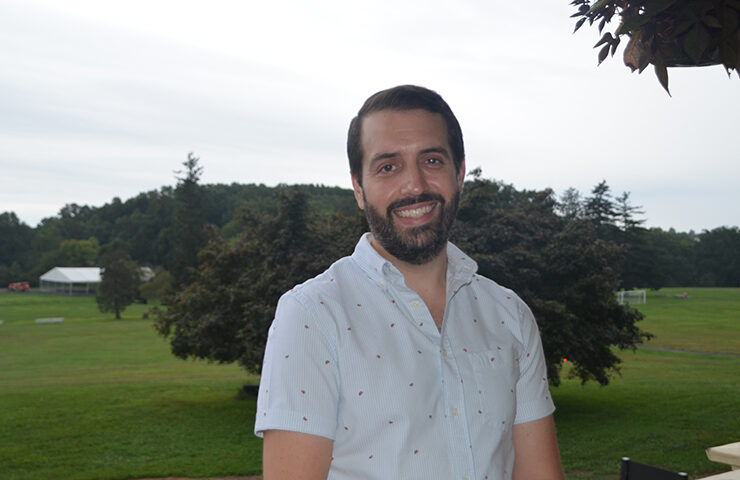
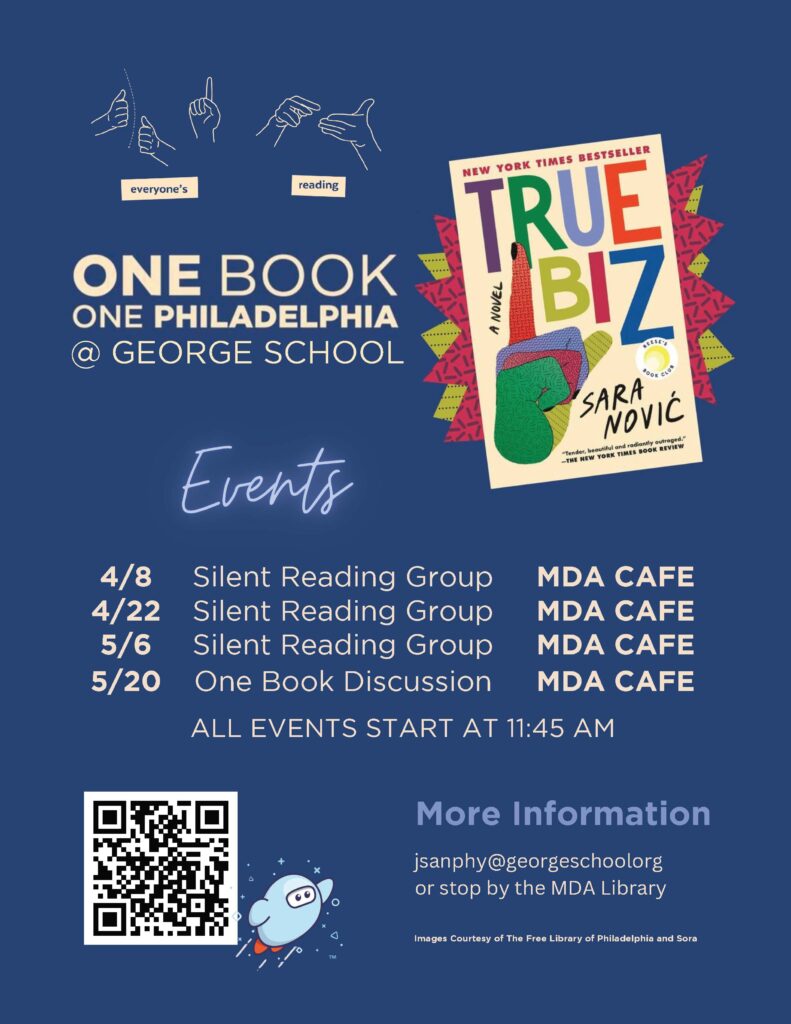
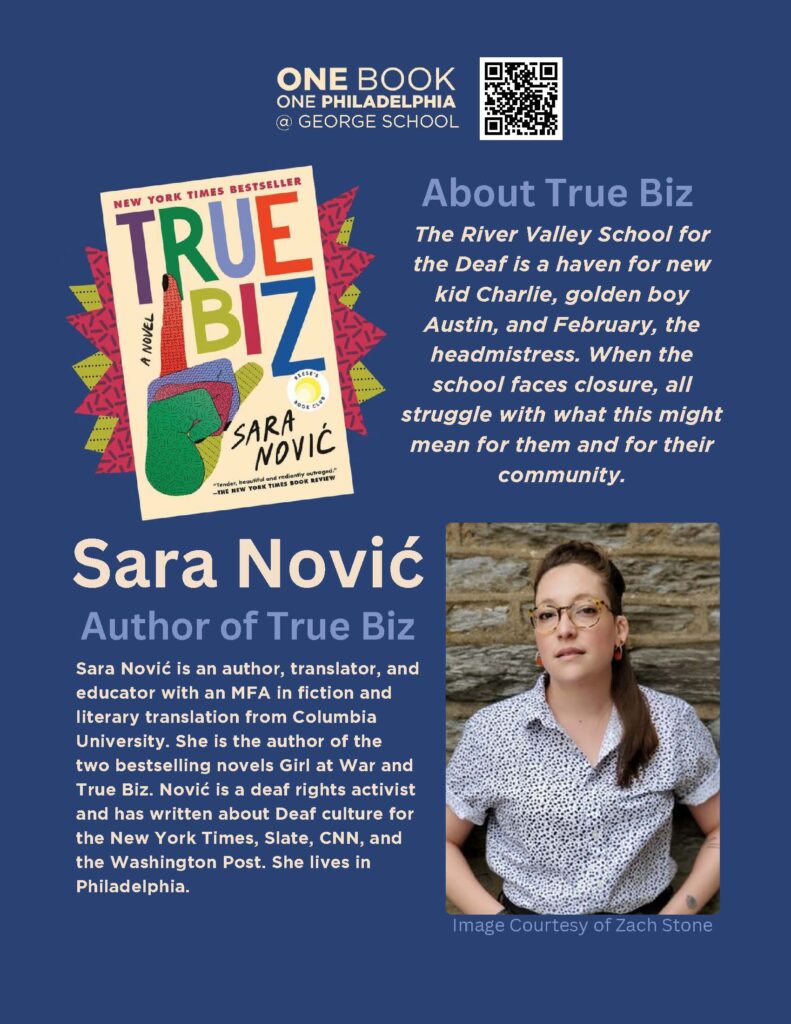



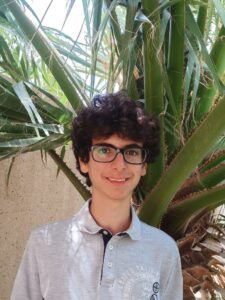 Monastir, Tunisia, and Amman, Jordan
Monastir, Tunisia, and Amman, Jordan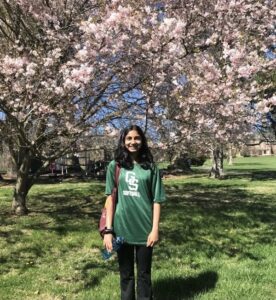 Irvine, CA
Irvine, CA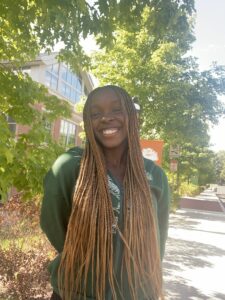 Feasterville-Trevose, PA
Feasterville-Trevose, PA New Hope, PA (Previously NYC)
New Hope, PA (Previously NYC)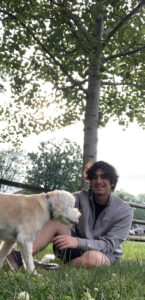 Richboro, PA
Richboro, PA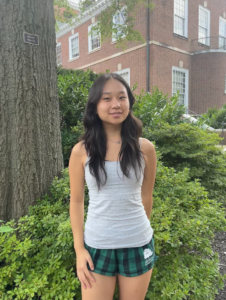 Englewood, NJ
Englewood, NJ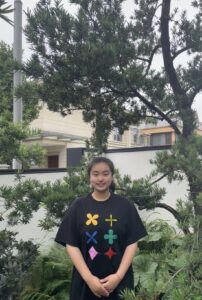 Ningbo, Zhejiang, China
Ningbo, Zhejiang, China Willingboro, NJ
Willingboro, NJ Yardley, PA
Yardley, PA Newtown, PA
Newtown, PA Holicong, PA
Holicong, PA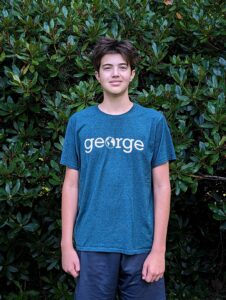 Newtown, PA
Newtown, PA Hamilton, NJ
Hamilton, NJ Yardley, PA
Yardley, PA Lambertville, NJ
Lambertville, NJ Chongqing, China
Chongqing, China Pennington, NJ
Pennington, NJ Yardley, PA
Yardley, PA Bensalem, PA
Bensalem, PA Borgota, Colombia
Borgota, Colombia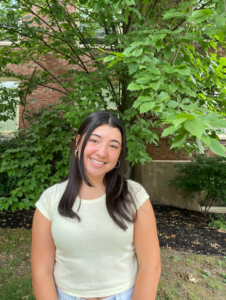 Newtown, PA
Newtown, PA Burlington, NJ
Burlington, NJ Langhorne, PA
Langhorne, PA Princeton, NJ
Princeton, NJ Langhorne, PA
Langhorne, PA New York City, NY
New York City, NY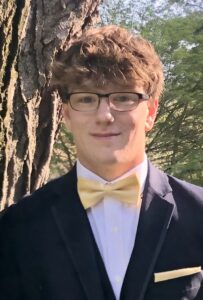 New Hope, PA
New Hope, PA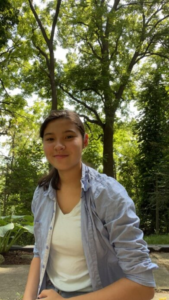 St. Catharines, Ontario, Canada
St. Catharines, Ontario, Canada Providenciales, Turks and Caicos Islands
Providenciales, Turks and Caicos Islands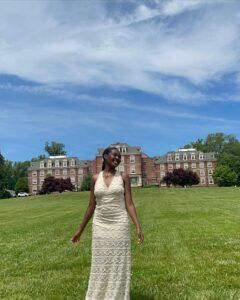 Willingboro, NJ
Willingboro, NJ Princeton, NJ
Princeton, NJ
 Newark, NJ
Newark, NJ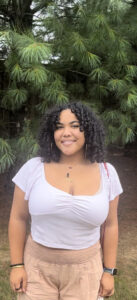 Trenton, NJ
Trenton, NJ Newtown, PA
Newtown, PA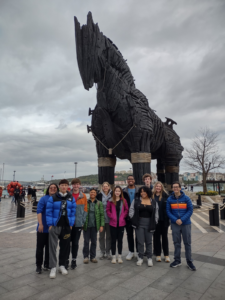
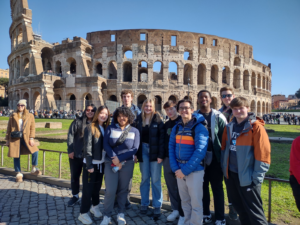
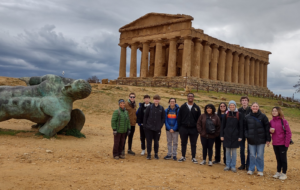

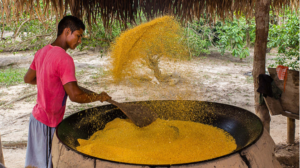
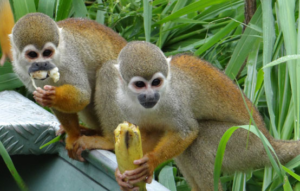

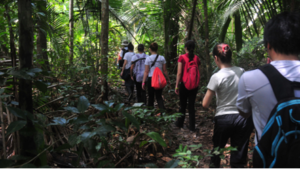
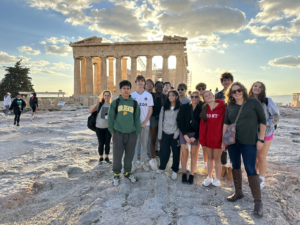
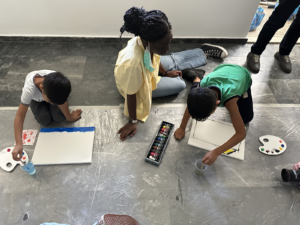
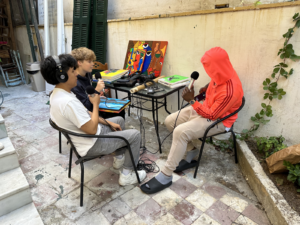
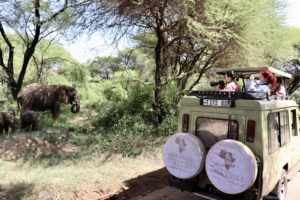
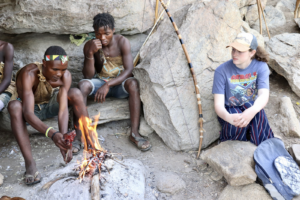
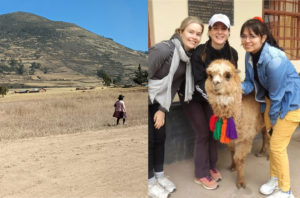
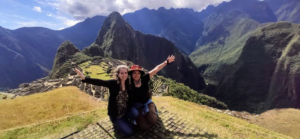
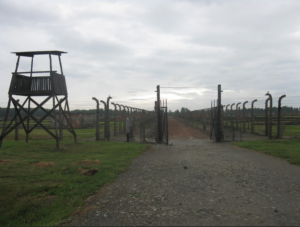

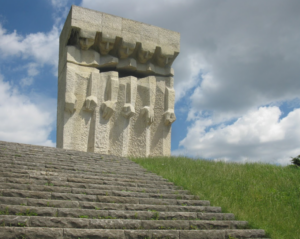

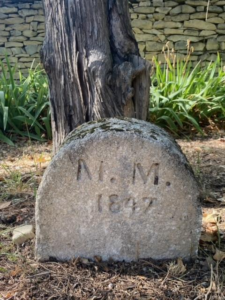
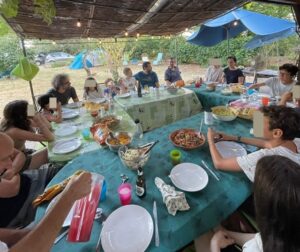


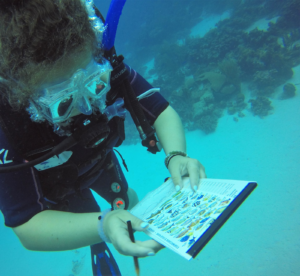


 Lawrence, NJ
Lawrence, NJ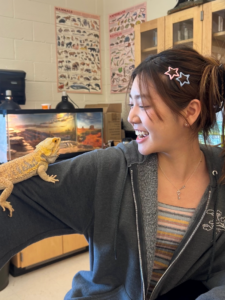 Seoul, South Korea
Seoul, South Korea
 Milwaukee, Wisconsin
Milwaukee, Wisconsin Pennington, NJ
Pennington, NJ Jenkintown, PA
Jenkintown, PA Ottsville, PA
Ottsville, PA Yardley, PA
Yardley, PA Providenciales, Turks and Caicos Islands
Providenciales, Turks and Caicos Islands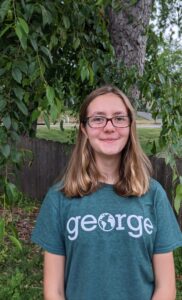 Hopewell, NJ
Hopewell, NJ
 Pottstown, PA
Pottstown, PA Playa del Carmen, Quintana Roo, México
Playa del Carmen, Quintana Roo, México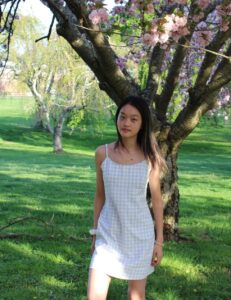 Shanghai, China
Shanghai, China Beijing, China
Beijing, China Yardley, PA
Yardley, PA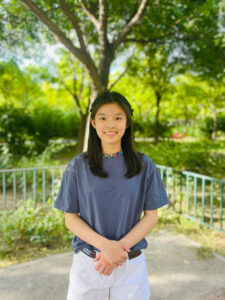 Beijing, China
Beijing, China Holland, PA
Holland, PA Langhorne, PA
Langhorne, PA Ringoes, NJ
Ringoes, NJ New Hope, PA
New Hope, PA Dreshner, PA
Dreshner, PA Yardley, PA
Yardley, PA Yardley, PA
Yardley, PA PA
PA


 Xi’an, China
Xi’an, China
